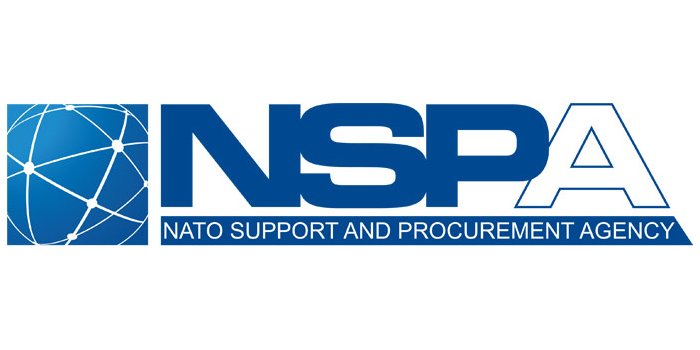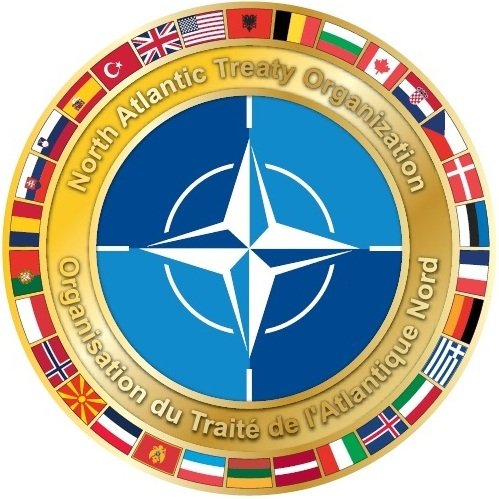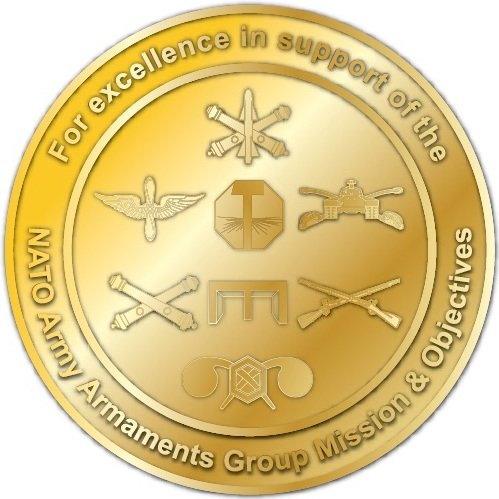FUTURE FORCES FORUM has long been working closely with NATO, EDA and other international organisations. NATO civilian and military structures, including Alliance organisations and agencies, regularly participate in the FFF program. The international activities of the FFF 2024 include organisation of official meetings of the NATO working groups – NATO Army Armaments Group (NAAG); Committee of the Chiefs of Military Medical Services in NATO (COMEDS); NATO Support and Procurement Agency (NSPA).
Representatives of these groups and institutions are actively involved in the FFF expert panels, exhibition and other events, providing all participants with a unique opportunity to discuss in person the operational experiences and requirements for future military and security projects. FFF exhibitors and partners are also offered the exceptional opportunity for closed presentations to individual expert groups (based on the permission of each group). Please contact us for more information on presentation opportunities.
 |
NATO SUPPORT AND PROCUREMENT AGENCY (NSPA)
The NATO Support and Procurement Agency is NATO’s main services provider, delivering a broad spectrum of integrated capabilities for the Alliance, its member nations and partners.
NSPA’s mission is to provide responsive, effective and cost-efficient logistics support services for systems and operations. This support is delivered – in times of peace, crisis and conflict, wherever required – to NATO Allies, the NATO Military Authorities and partner countries, both individually and collectively. Concretely, the Agency acquires, operates and maintains weapons systems, fuel delivery, port services, airfield logistics, airlift, medical and catering services, and base support services for all its customers across the world. It consolidates and centralises logistics management functions allowing its customers to achieve economies of scale.
NSPA’s capabilities are grouped into three areas: support to operations and exercises; life-cycle management; and services.
Through cross-nation procurements, NATO – through the NSPA – aims to link industry capabilities and national requirements to find the most cost-effective and efficient solutions. The NSPA provides support to NATO and Partner countries, the NATO Response Force (NRF) and operations approved by the North Atlantic Council (NAC) in the area of dismounted soldiers. The NSPA operates in the marketplace to combine industrial capabilities and national requirements in order to find the most cost-effective and efficient solutions, whether for national or collective defence. Any company interested in working with the NSPA must register (free of charge) with the NSPA Source File, a central database containing past, present and potential suppliers, including performance and capabilities.
NSPA DISMOUNTED SOLDIER EQUIPMENT USER GROUP (DSEUG)
  |
NATO ARMY ARMAMENTS GROUP (NAAG)
The basic mission of the NAAG is to support nations achieving the objectives of the NATO Land Forces armaments cooperation. Through its formal and informal subordinate groups, the NAAG promotes interoperability of Alliance as well as Partner Armed Forces by means of information exchange, materiel standardization, and copoperation activities.
Tha NAAG structure consists of various expert working groups whose annual meetings are traditionally being organised within the FUTURE FORCES FORUM in Prague in order to support the information exchange and networking of the subject matter experts from military, industry, and academia.
The NATO Army Armaments Group (AC/225-NAAG) is one of the three Main Armaments Groups (MAG) subordinate to NATO's Conference of National Armaments Directors (CNAD).
NAAG JOINT NON-LETHAL WEAPONS CAPABILITY GROUP (JNLWCG)
JNLWCG is responsible for Non Lethal Weapons Capabilities (NLWC) across the full spectrum of military operations and operating environments.
The Joint Non Lethal Weapons Capabilities Group is a permanent group of experts open to Interoperability Partners, Austria, Finland, Sweden, Switzerland, Australia, South Korea, Japan and Singapore. This group is the focal point for all activities related to Non-Lethal Weapons Capabilities in the NATO Army Armaments Group (NAAG) and across the Materiel Armament Groups (MAGs).
Its mission is to improve NATO Non-Lethal Capabilities. Principally, this will be achieved through information exchange on national NLWC activities, standardization of NLWC materiel, support to NLWC-related doctrine development, support to operations and identification/promotion of cooperative activities.
The JNLWCG has three sub-groups and teams of experts:
- Milimeter Wave ToE
- NLKE ToE
- E&O + C&D ToE
 |
NATO COMEDS CBRN MEDICAL WORKING GROUP
NATO CBRN Medical Working Group was established under COMEDS (Chiefs of Military Medical Services in NATO) as a group responsible for standardization of all NATO activities dealing with the health protection against chemical, biological, radiological and nuclear weapons of mass destruction (WMD). The internationally recognized experts in the medical area of chemical, biological, radiological and nuclear issues from more than 15 NATO and non-NATO nations are actively working in this WG.
Main Topics Discussed:
- Creation and development of standardization documents for all activities and procedures dealing with health protection against CBRN warfare agents for NATO operations
- Identification of gaps dealing with the health protection and medical countermeasures against CBRN warfare agents
- Identification of the trends in the development of CBRN medical countermeasures (means and procedures)



